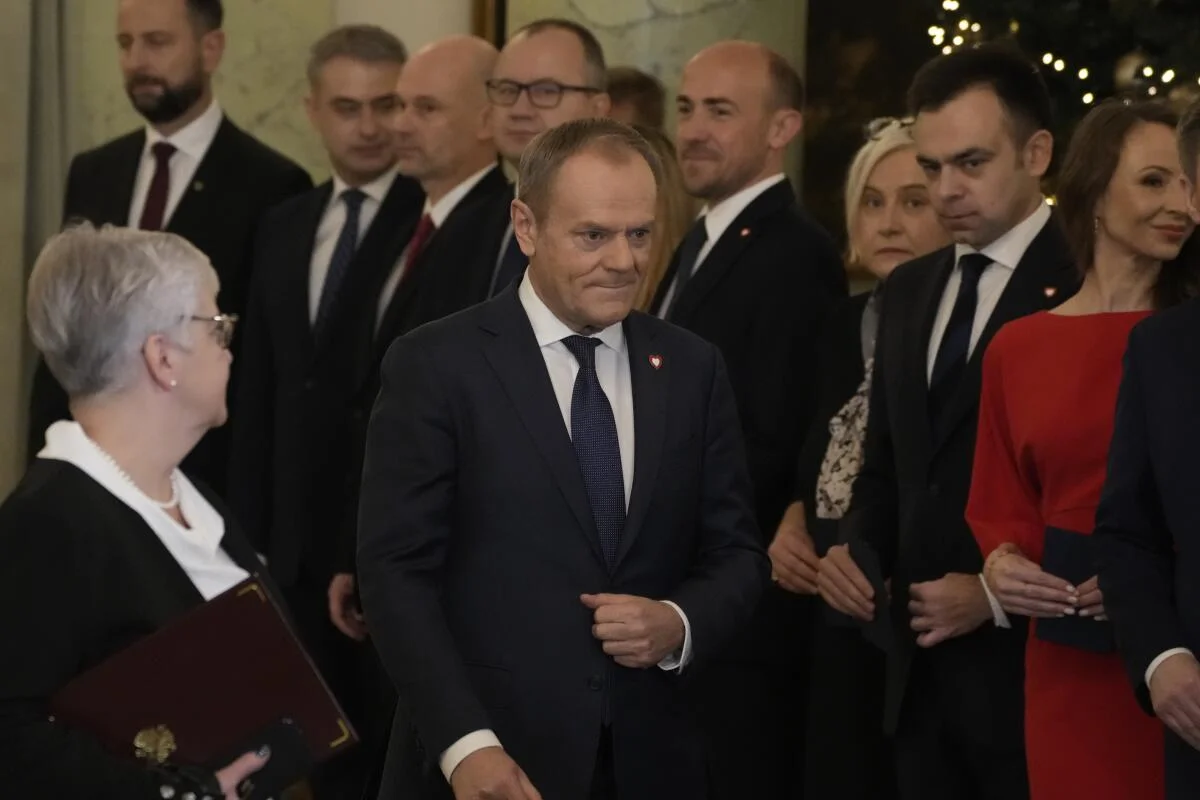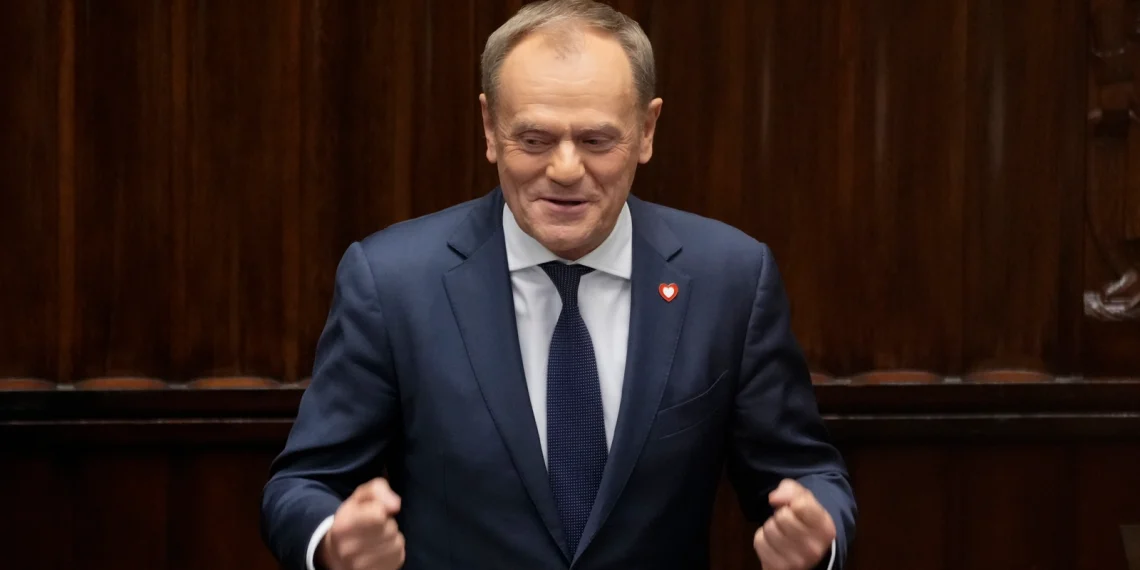Poland’s Prime Minister Donald Tusk stressed the indispensability of close cooperation between Europe, NATO, and the United States in addressing escalating security threats. Amid concerns over a potential disengagement from Washington, Tusk embarked on a diplomatic tour, starting in Paris and later heading to Berlin.
His visit comes at a critical juncture, with the war in Ukraine entering its third year and uncertainties surrounding the US political landscape, including the prospect of Donald Trump returning to power.
Tusk’s remarks in Paris underscored the imperative for Europe to bolster its defenses and support its allies amidst evolving global challenges.
He emphasized the need for unity within the European Union, highlighting the importance of France, Poland, and other member states being prepared to defend their borders and stand by their allies, echoing the ethos of solidarity depicted in Alexandre Dumas’ “The Three Musketeers.”
Warsaw, Paris, and Berlin are aligned in prioritizing EU cohesion on defense matters and enhancing support for Ukraine, particularly as US backing for Kyiv faces internal political turbulence. Poland, in particular, has signaled a shift towards greater European defense autonomy, advocating for joint ammunition production and reducing dependence on external actors.
The return of Tusk to the prime ministerial role in Poland has facilitated a thaw in relations between Poland and Germany. Tusk’s diplomatic efforts aim to revitalize the “Weimar Triangle” cooperation platform, fostering stronger political ties between Germany, France, and Poland.

Meetings between Tusk, French President Macron, and German Chancellor Scholz, alongside discussions among foreign ministers in Paris, underscore the urgency of injecting renewed vigor into European initiatives.
Addressing issues such as countering Russian disinformation, aiding Ukraine, and bolstering the European defense industry are key priorities in light of the significant electoral year facing both Europe and the United States.
Overall, Tusk’s diplomatic overtures highlight the shared commitment among European leaders to navigate complex geopolitical challenges and reinforce the continent’s security architecture.





